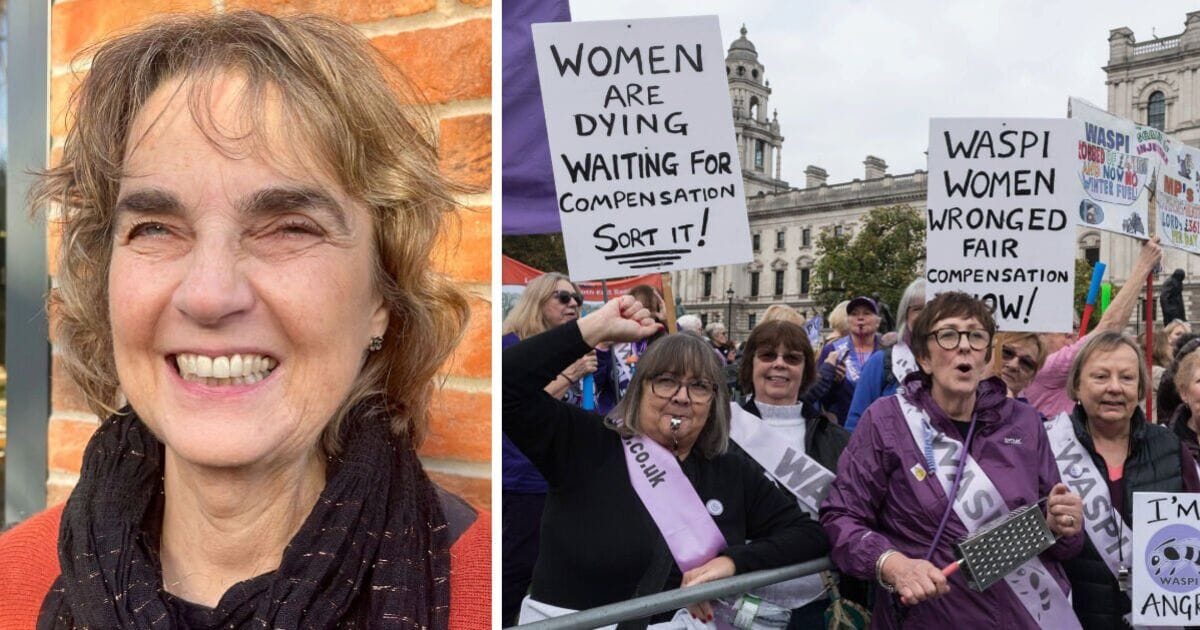When Rishi Sunak delivered his general election shock in a rainy Downing Street yesterday, his suit wasn’t the only thing getting wet. The PM unwittingly poured cold water on hopes of an interest rate cut in June.
This will be a huge blow for millions of homeowners with mortgages, particularly the estimated 1.6million whose low-cost fixed rates expire this year.
Many face a huge leap in their mortgage payments with the average increase estimated at a staggering £500 a month. Many face an even bigger hike and risk losing their homes if they cannot pay.
Owners who took out a three-year or five-year fixed rate when base rates were close to zero could still be paying less than two percent today.
Servicing a £250,000 repayment mortgage charging 1.5 percent over a 25-year term costs £999.84 a month.
For a deal charging five percent repayments would leap to £1,461.48. That’s an extra £461.64 a month, which adds up to a frightening £5,539.68 a year extra money to find.
That’s on top of all the other price increases we’ve had to endure.
No wonder so many homeowners are angry both with the Conservative government that presided over such a surge, and the Bank of England (BoE) which still refuses to cut interest rates even though inflation has plunged.
Cash-strapped homeowners were hoping the BoE’s rate-setting monetary policy committee (MPC) would see sense and finally cut interest rates at its next meeting on June 20.
I don’t see that happening now.
Polling day is just six weeks away, on Thursday, July 4. An awful lot can happen in that time.
There’s a lot that won’t happen, too.
Over the next few weeks, everything will get politicised. Which puts huge pressure on the BoE, which isn’t supposed to be political. It won’t want to do anything that will appear to tip the electoral scales either way.
Like cutting interest rates.
If the MPC did spring into action and cut rates in June, it would be accused of conspiring towards a Tory victory.
It would certainly ramp up the feelgood factor as mortgage lenders would slash rates in response.
Sunak and chancellor Jeremy Hunt might like that, but Keir Starmer and shadow chancellor Rachel Reeves wouldn’t.
With Labour 20 points ahead in the polls, they’re the ones BoE governor Andrew Bailey is most likely to find himself working with come July 5.
The cautious Bailey certainly won’t want to get involved.
MPC members were likely to be in two minds about cutting rates in June anyway.
While April’s 2.3 percent consumer price inflation figure was a whisker away from its two percent target, other numbers were worrying.
Core inflation, which strips out volatile items like food and energy prices, dipped only slightly to 3.9 percent.
Services inflation, another measure the MPC looks at closely, was even higher at 5.9 percent. That’s well above the BoE’s forecast of 5.5 percent.
The MPC faced a tough decision in June. It’s now been handed an excuse to duck it.
Hard-up homeowners may have to wait until August 1 for an interest rate cut, when the next MPC meeting is scheduled. It’s more than two months away. I hope they can hold on.
Assuming the MPC does cut rates then, of course. On recent form, it may still keep us all hanging on until September. Or November. Or possibly 2025.










